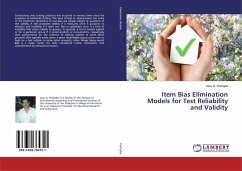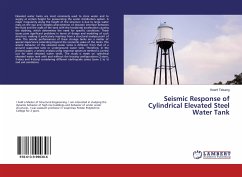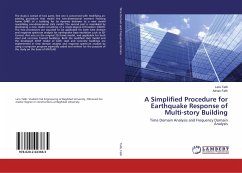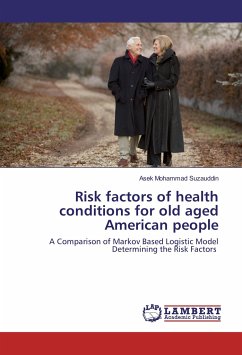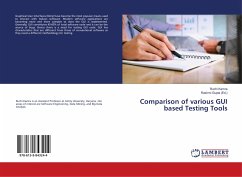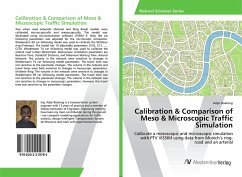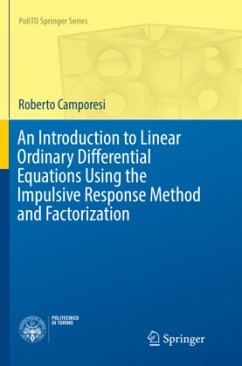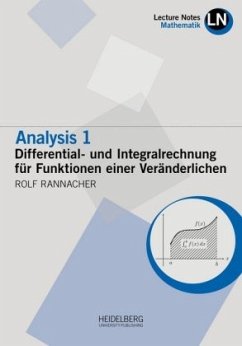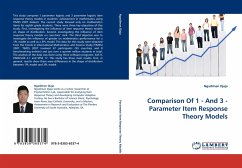
Comparison Of 1 - And 3 - Parameter Item Response Theory Models
Versandkostenfrei!
Versandfertig in 6-10 Tagen
52,99 €
inkl. MwSt.

PAYBACK Punkte
26 °P sammeln!
This study compares 1 parameter logistic and 3 parameter logistic item response theory models in students achievement in mathematics using TIMSS 2007 dataset. The current study focused only on mathematics items for eighth grade students. There were three key objectives of this study. First, investigating the influence of item response theory models on shape of distribution. Second, investigating the influence of item response theory models on countries rank. The third objective was to investigate the influence of gender on mathematics performance for a 1PL model as well as a 3PL model. The dat...
This study compares 1 parameter logistic and 3 parameter logistic item response theory models in students achievement in mathematics using TIMSS 2007 dataset. The current study focused only on mathematics items for eighth grade students. There were three key objectives of this study. First, investigating the influence of item response theory models on shape of distribution. Second, investigating the influence of item response theory models on countries rank. The third objective was to investigate the influence of gender on mathematics performance for a 1PL model as well as a 3PL model. The data for this study were obtained from the Trends in International Mathematics and Science Study (TIMSS) 2007. TIMSS 2007 involved 67 participants (59 countries and 8 benchmarking entities) and just over a quarter million students in total. The analysis of the data was done using three software programs: SAS 9, PARSCALE 4.1 and SPSS 17. This study has three main results. First, in general, results show there were differences in the shape of distribution between 1PL model and 3PL model.



